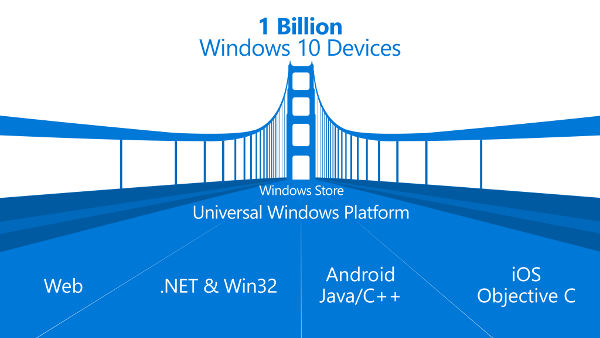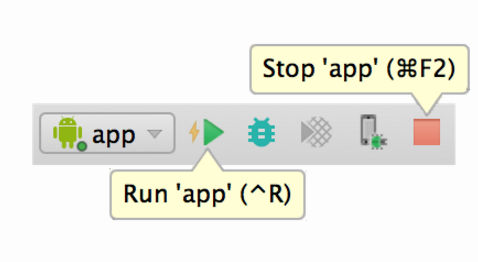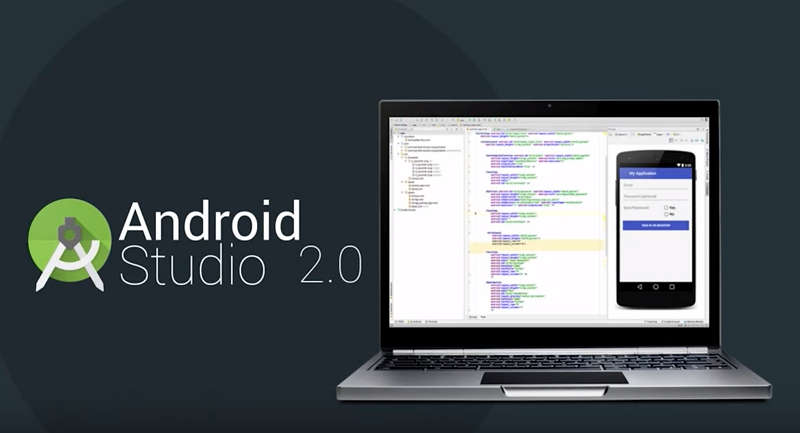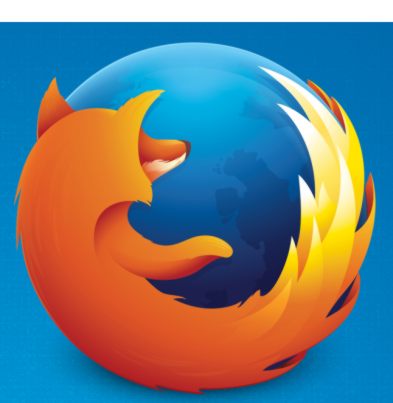| 2015 The Programmer's Year |
| Written by MIke James | ||||
| Thursday, 31 December 2015 | ||||
Page 1 of 3 Another programming year is over and far too much has happened to cover it all. Here we have the highlights, the trends and the most important things that happened - in a personal view.
Microsoft's YearMicrosoft is still an important part of most programmers lives. Even if you don't program for Windows you might well have to make use of one of the services they offer. This year we saw Windows 10 appear and a whole new approach to software.
Microsoft has been open sourcing just about everything that really isn't 100% core to its platform. .NET, WCF, ASP .NET and a host of smaller projects have been open sourced. Of course, if you were a cynic you might want to point out that nothing really important has been made available - no Windows, no Visual Studio, no WCF, no Windows Forms, no Silverlight, and if you want to bring up old scores to settle, no Visual Basic 6. Part of the same trend has been the way Visual Studio has expanded to make use of just about any language or technology you can think of. Want to write for the Arduino? VS can do that. Want to write for Android? VS can do that. Python, no problem... Windows 10 was a big success, but not quite as big as Microsoft needs it to be. It is now clear that anyone with a Windows 8 machine upgraded but there are still a lot of hold-outs in the Windows 7 camp. Presumably there just isn't enough to make it worth moving to Windows 10. As the year went on, Microsoft's attempts to make users upgrade became more forceful, losing it some of the good will it had established during the year.
For programmers the big thing about Windows 10 is its attempt to be universal. Be it a phone, a tablet, an Xbox, a Hololens or a desktop machine you can write a Universal App and it will just run. Of course it might not be able to complete its mission if the device doesn't have the necessary facilities, but in principle it should work. However, for Universal Apps to be a success, we have to write them. To this end Microsoft needs Windows 10 to be adopted so that it is effectively everywhere - hence the steady ramping up of the pressure to upgrade. To make it easier for programmers to get into Universal Apps Microsoft decided to implement "bridges" from other technologies - desktop, web, Silverlight, iOS and Android. How successful these attempts are will have to wait until 2016 as they aren't really complete and the Android bridge might never be. At the moment it seems that programmers are taking a wait and see approach to Universal Apps. Overall in 2015 Microsoft managed to claw back some of the territory it had lost in the crazy Windows 8 adventure, but it still has a lot of bad decisions hanging around its neck to make 2016 interesting.
Microsoft Open Sources Chakra JavaScript Engine Microsoft Open Sources Quantum Computing Is Windows 10 Playing Fair - Mozilla Thinks Not Microsoft's Islandwood Now On GitHub - An iOS Bridge To Nowhere? Microsoft's Astoria Android Emulation Might Not Happen Silverlight Bridge To UWP Apps Project Westminster - Another Web App Format Visual Studio 2015 Launched - Any App Any Developer
Android's YearFor the programmer Android has had a turbulent year, but mostly for the better. Marshmallow became the new face of Android. For programmers, however, it is the rise of Android Studio that makes the difference. This is the year that Android Studio reached version 1.0 - something not common for Google projects, which tend to stay in perpetual beta. The final nail in Eclipse as an Android development system was hammered in when it was announced that it wasn't going to be supported in the future - despite the fact that Android Studio still doesn't provide good NDK facilities.
A strange twist in this story is that Microsoft released a fast and efficient Android emulator and then extended Visual Studio support to Android Java development. For many projects Visual Studio is a better choice than Android Studio. However, this advantage might well be temporary because as the year came to a close Android Studio 2.0 was in beta with the emphasis on speeding up development. Together with new emulator, promised to be fast and efficient, and the new year should see Android Studio become the only tool you need to develop Android Apps.
Android M Is Marshmallow Running Android 6.0 Android Studio 2.0 Preview Now With Emulator
MozillaIt has been a tough year for Mozilla. This is the first year that it has had to do without the support of Google and, despite reassurances that it is in fine shape financially, there are many that think we will have to wait until next year to find out how it is really doing.
The main trend over the year is that Firefox browser has lost ground to Chrome. Something has happened to the previous geeks' favourite to make it less than favourite. Over the year we saw Firefox experiment with advertising and being paid to include Pocket. Then the news that the whole add-in infrastructure was to be changed to be more like Chrome's didn't go down well. The whole XUL, XCOM architecture is being dropped in favour of something more conventional and this means that add-ins can't be as closely integrated as they were. Despite the fact that we also saw Firefox 64 bit rolled out and lots of new tools in the developer edition the end of 2015 leaves most programmers wondering what Mozilla can do wrong next.
The final embarrassment was the quiet dropping of Firefox OS. You can't really kill an open source project but Mozilla seem to have more or less given up on it as an alternative to Android or iOS. It might have a life as some sort of IoT OS but to be honest it doesn't seem to have much to offer in this over crowded market.
Mozilla Gives Up On Firefox OS Firefox To Adopt Chrome Extensions Leaked Mozilla Tax Return Causes Furore |
||||
| Last Updated ( Sunday, 03 January 2016 ) |





